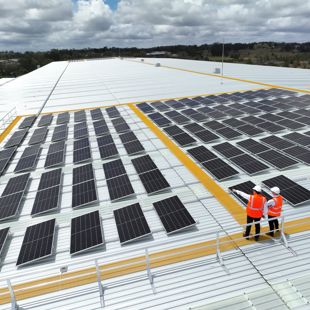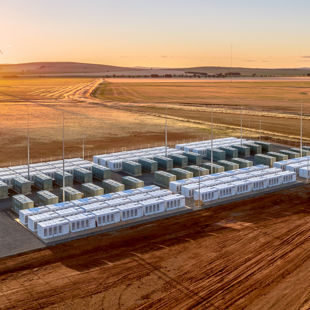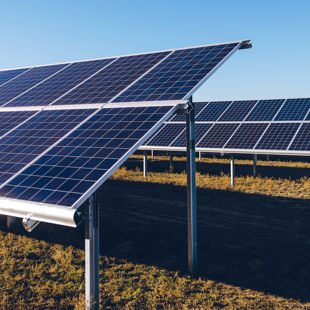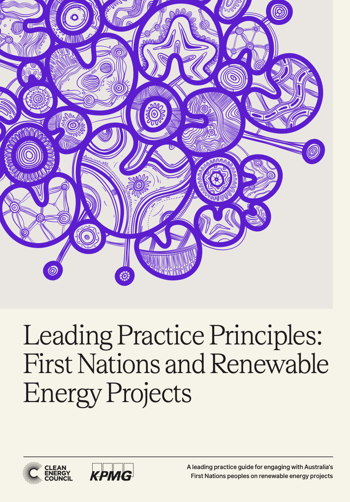Renewable energy
Australia is pursuing a national renewable electricity target of 82 per cent by 2030 as a key step in the achievement of net zero emissions by 2050.
CEFC capital is playing a leading role in nurturing the development of large-scale renewables across Australia. With lifetime commitments to renewable energy of $11 billion at 30 June 2025, CEFC capital is backing both large and small-scale generation and storage capacity, as well as transmission. Increasingly, CEFC capital is backing renewable developments alongside energy storage and grid-balancing technologies, as well as early-stage projects. Large-scale solar and wind generation is critical to delivering the clean energy that will power our low emissions economy of the future. Renewable energy will also underpin the electrification of a vast range of existing commercial, industrial and residential activities, enable our electric vehicle transition and lay the foundations for our emerging green hydrogen industry.

Stockland turns idle rooftops into solar success story
This CEFC Green Files article discusses how Stockland has unlocked a huge clean energy initiative through engaging its idle rooftops.
Read more
Believing in Australian renewables
Neoen Deputy CEO Romain Desrousseaux says he has always seen Australia as an attractive investment destination although he admits it hasn’t always been easy.
Read our article
Large-scale solar and the race to net zero emissions
This Investment Insight highlights some of the key market developments experienced in our first decade as a large-scale solar investor.
Read moreLeading Practice Principles: First Nations and Renewable Energy Projects
April 2024
This guide was developed by the Clean Energy Council and KPMG in collaboration with the First Nations Clean Energy Network, First Nations experts and industry experts. The CEFC was a member of the First Nations Best Practice Guide steering committee which consulted during the development of guide. The guide also received financial contributions from the CEFC and ARENA.
Read more






